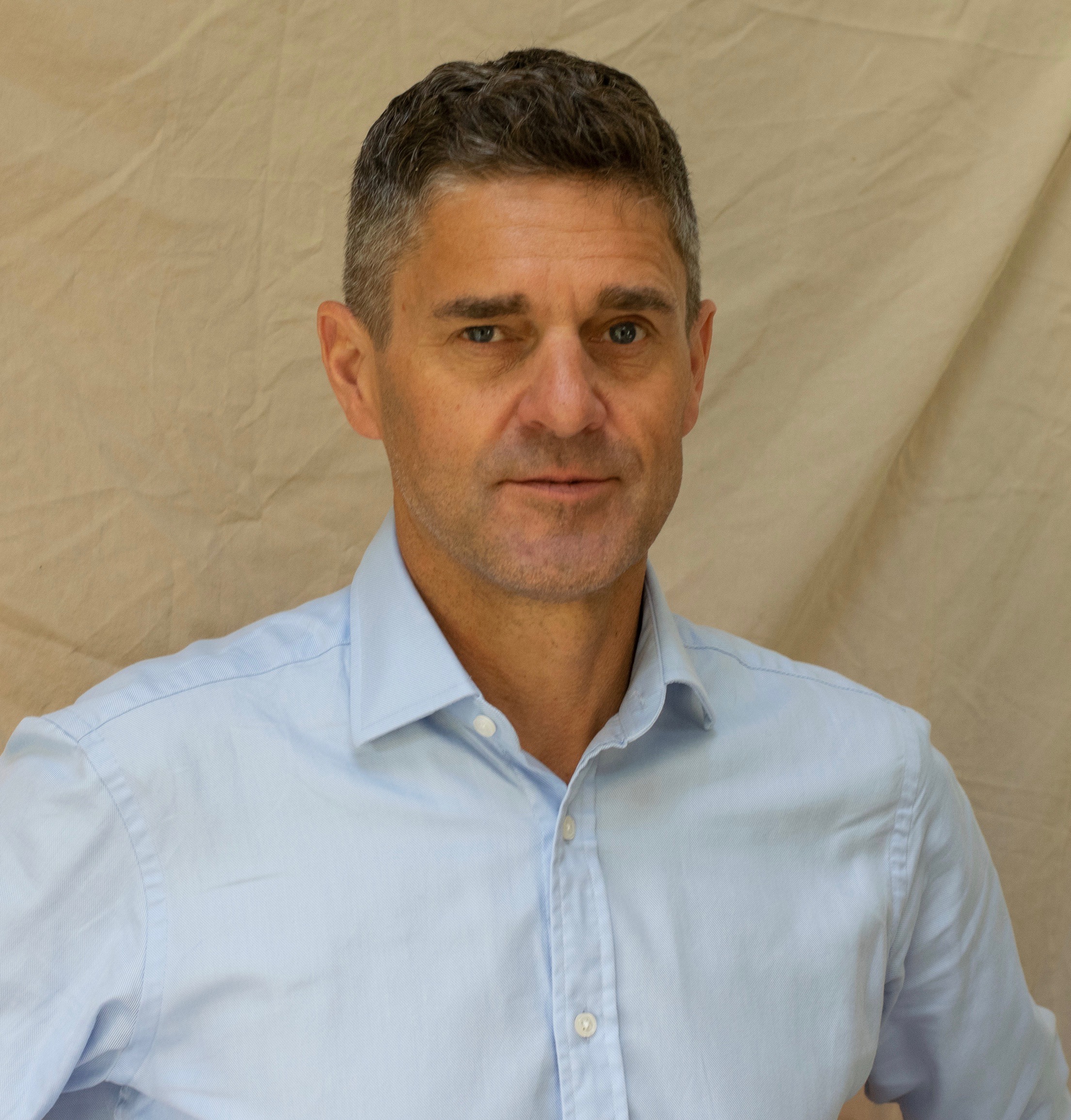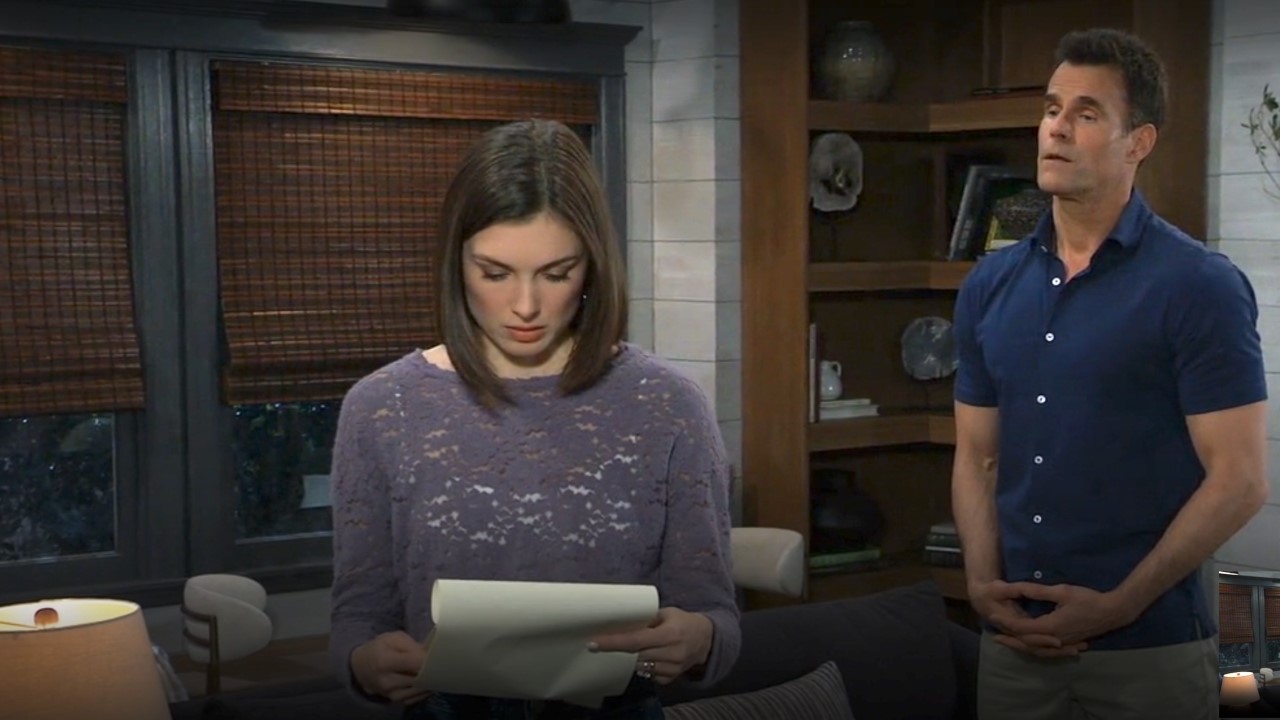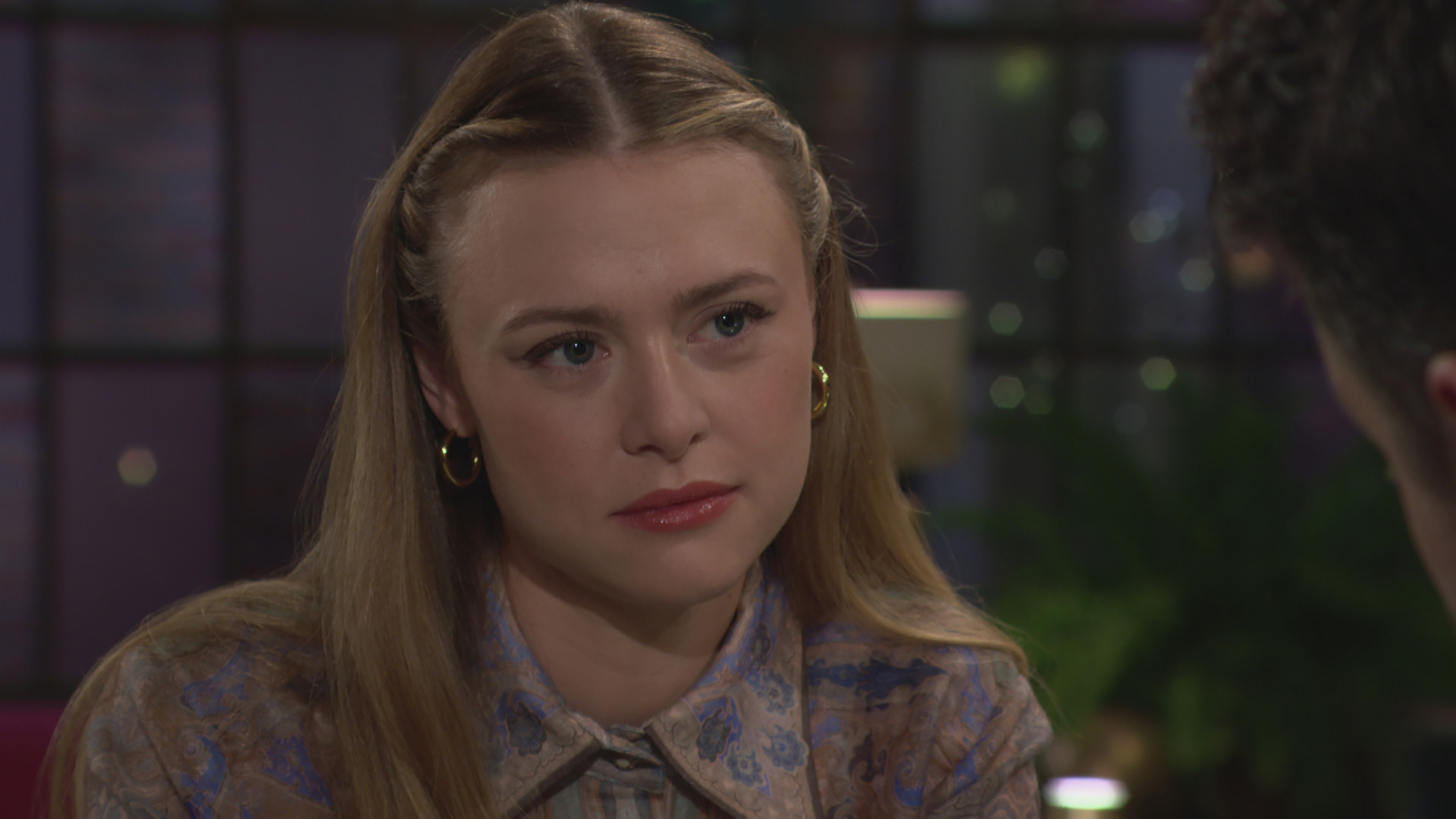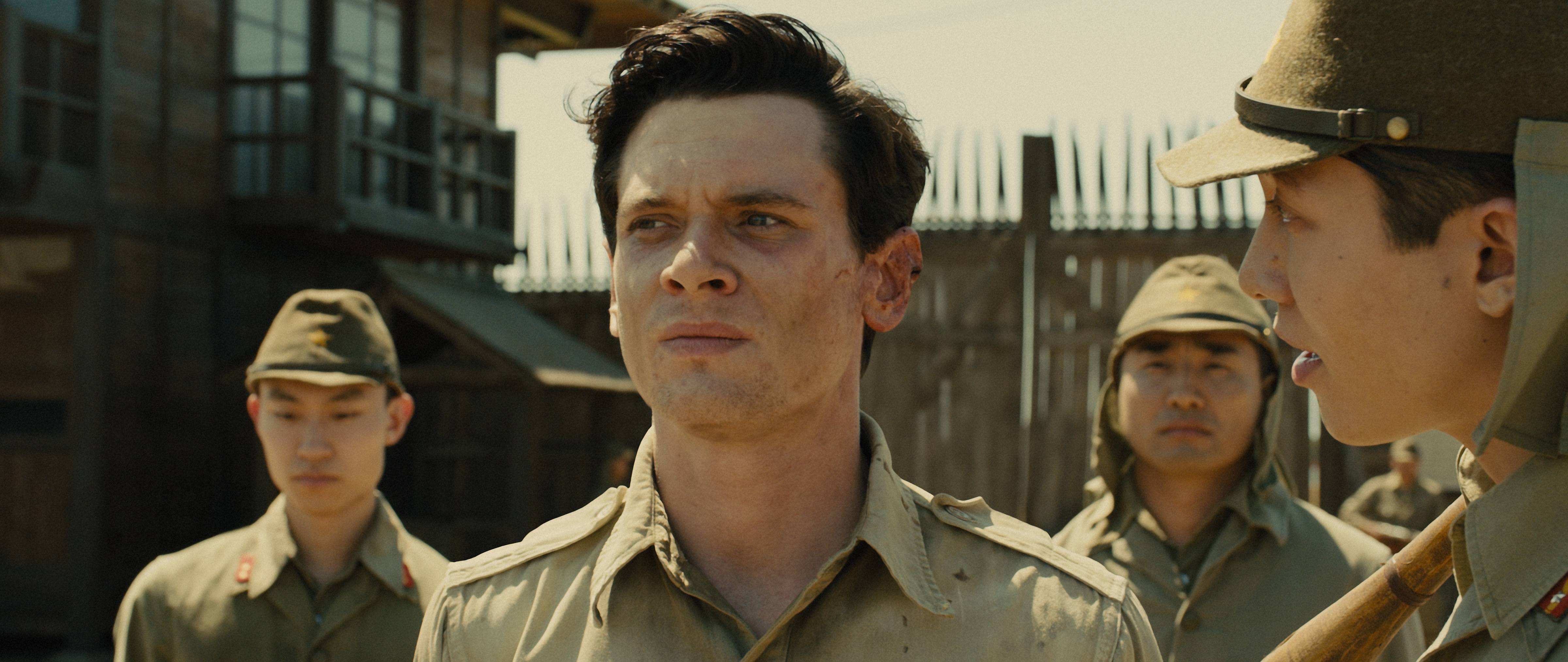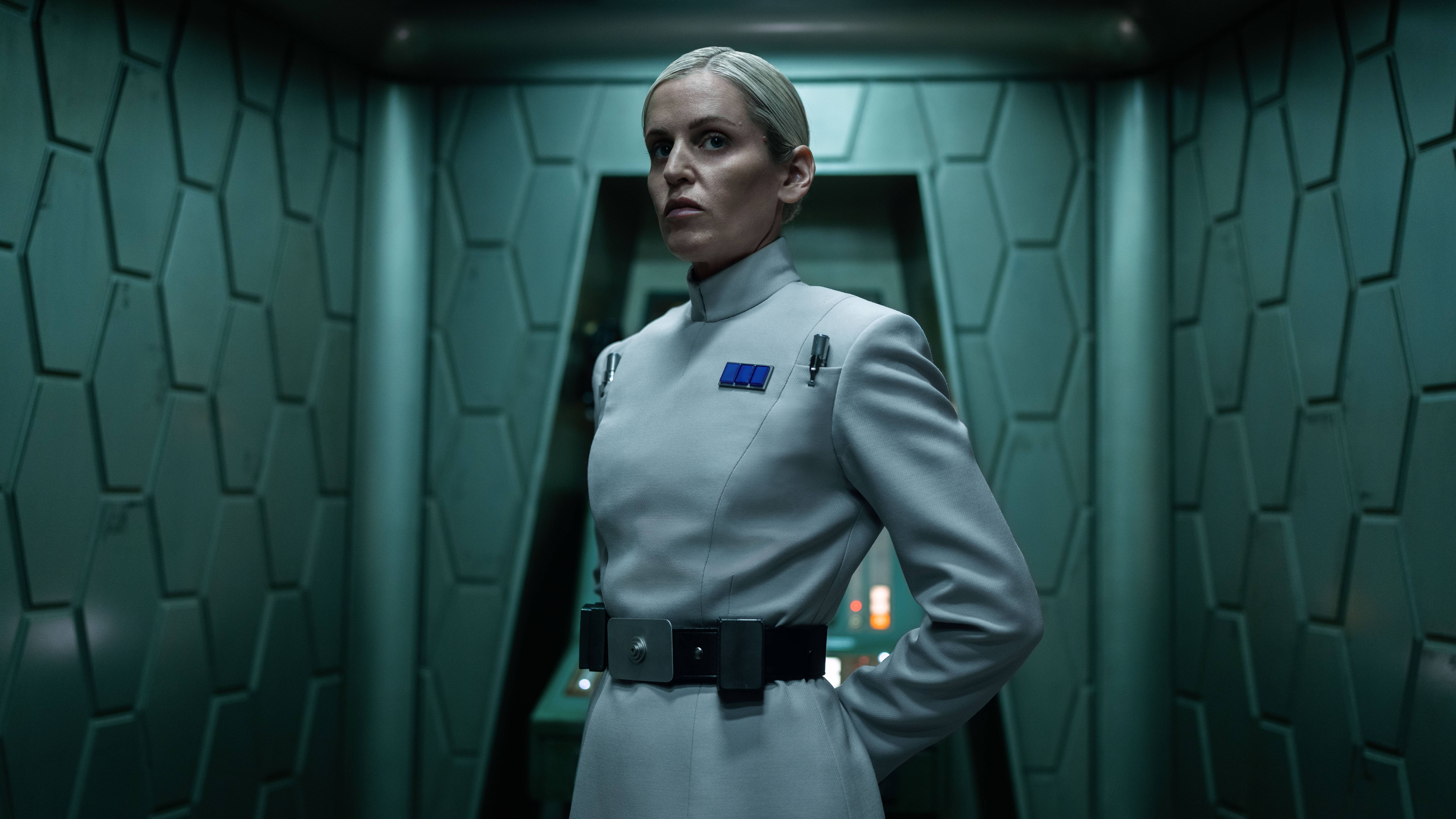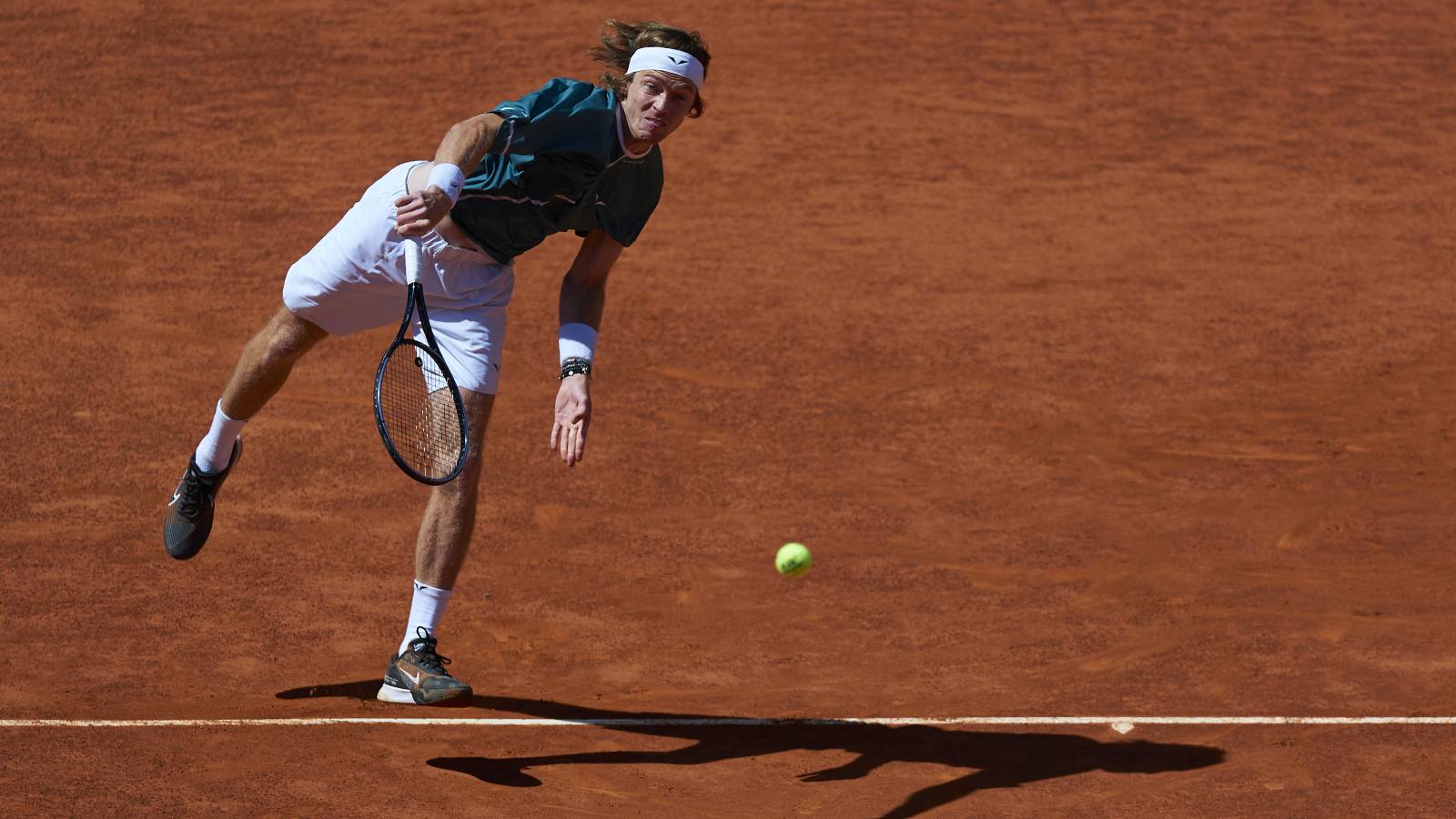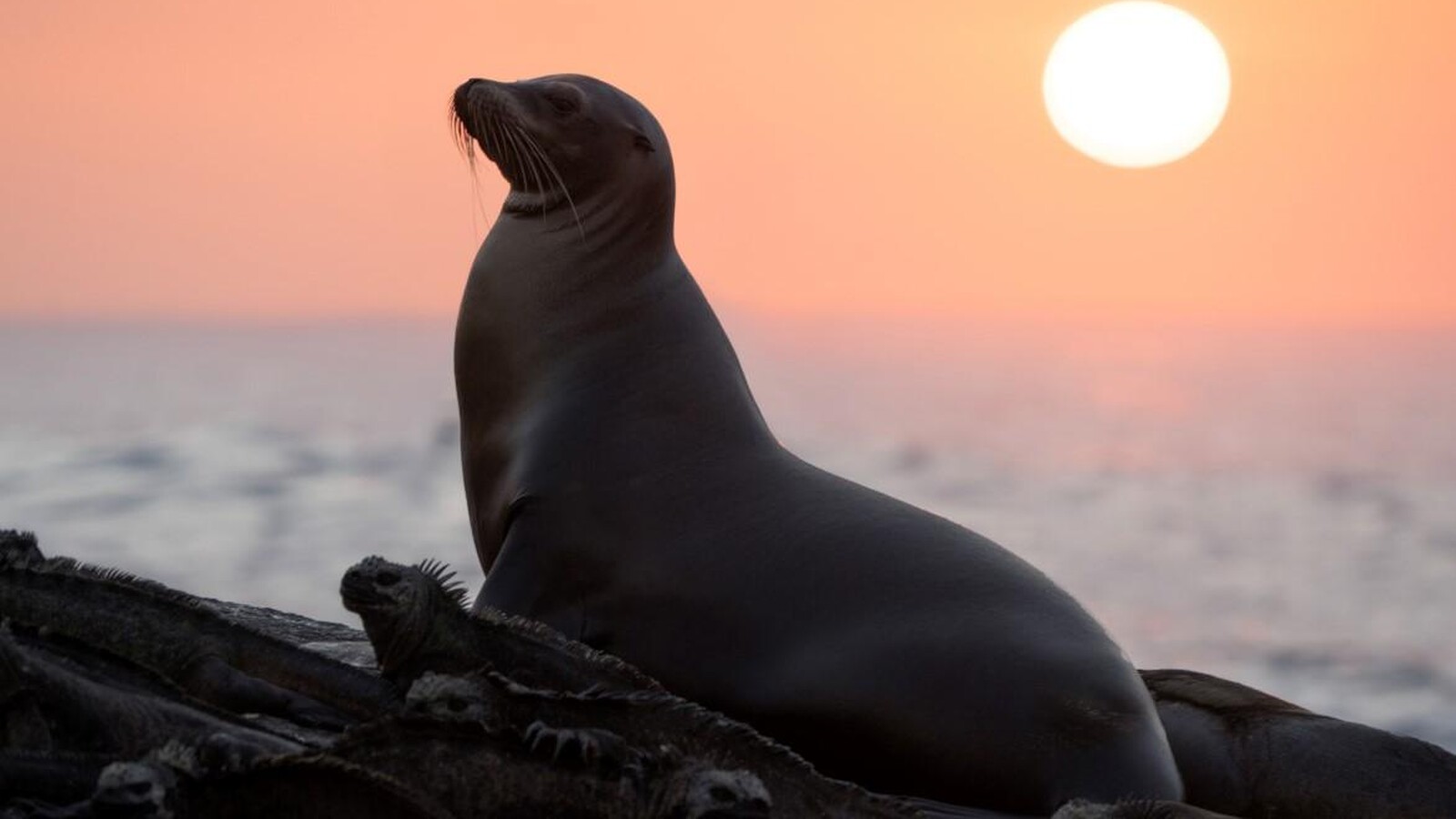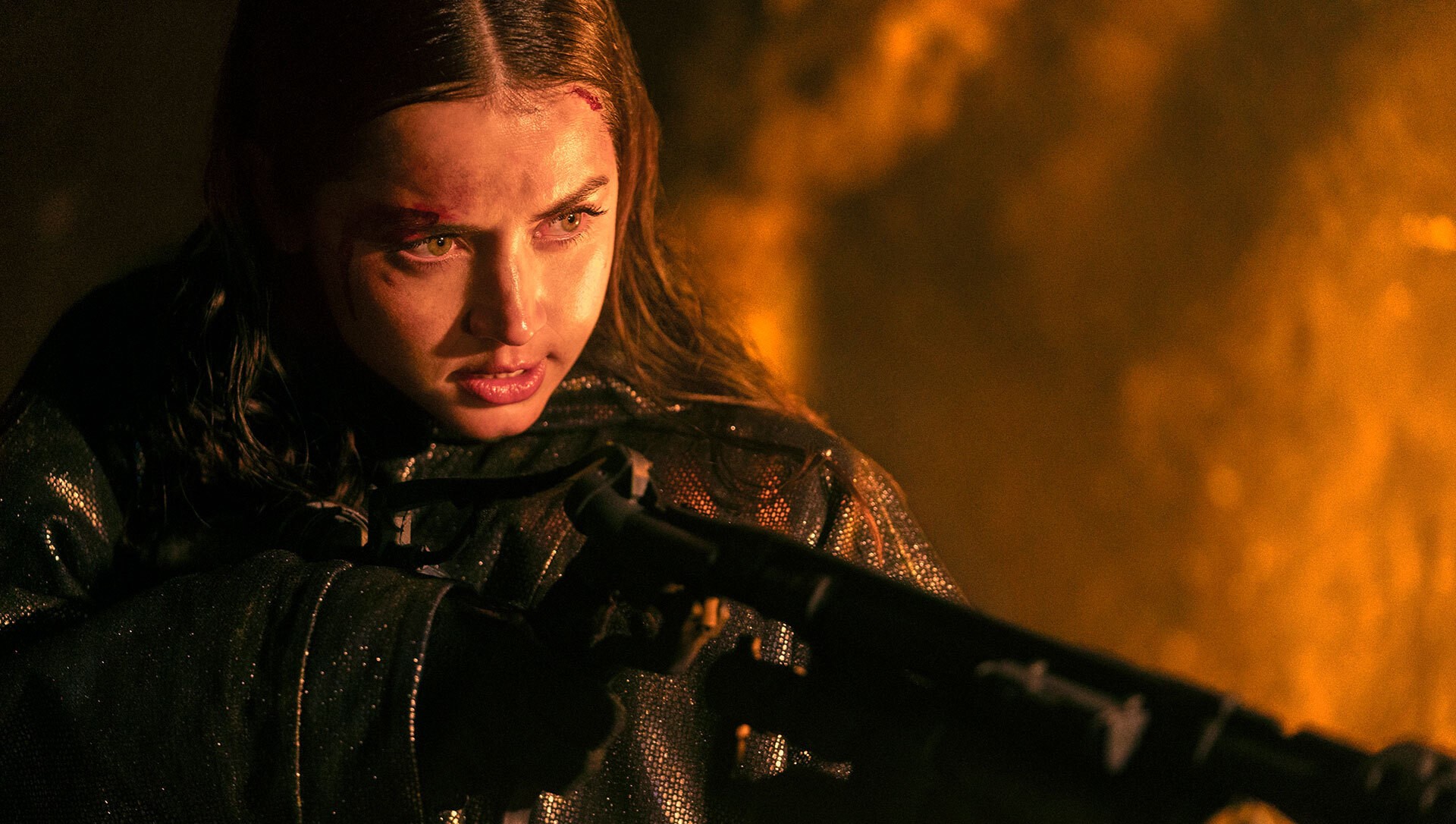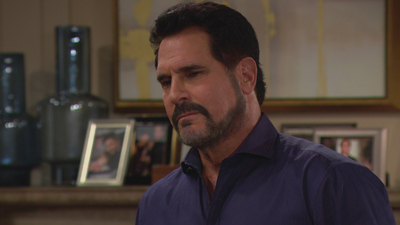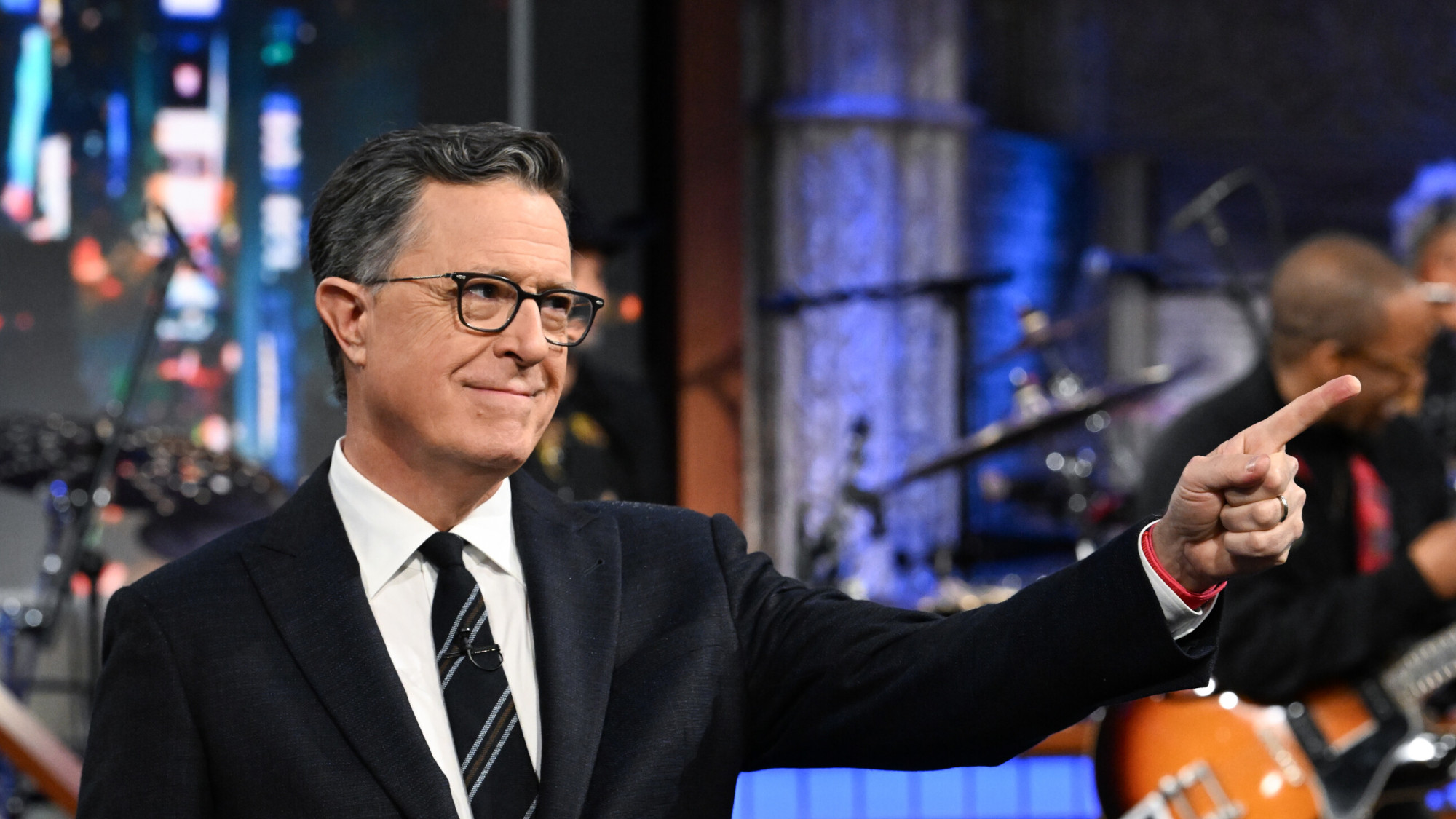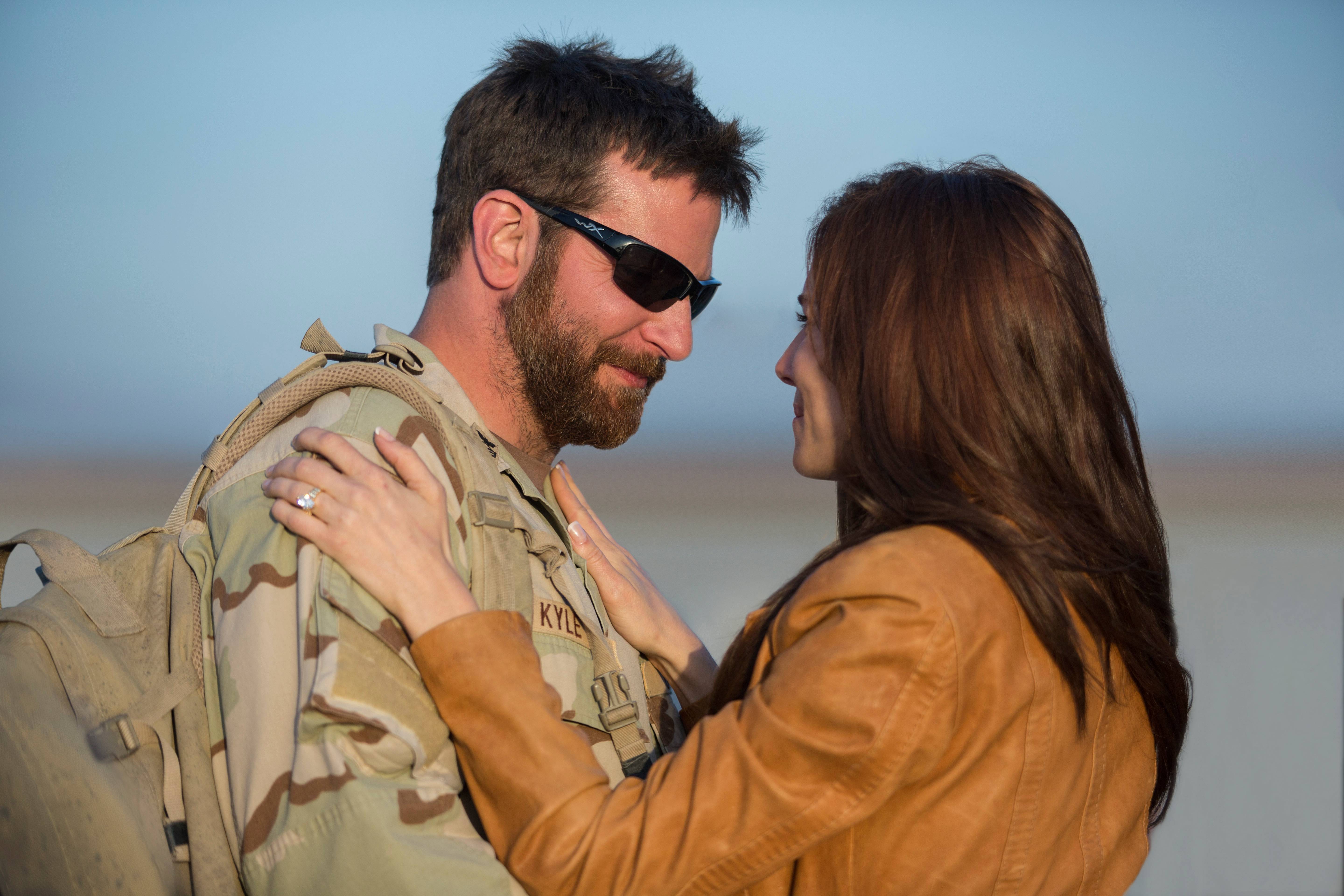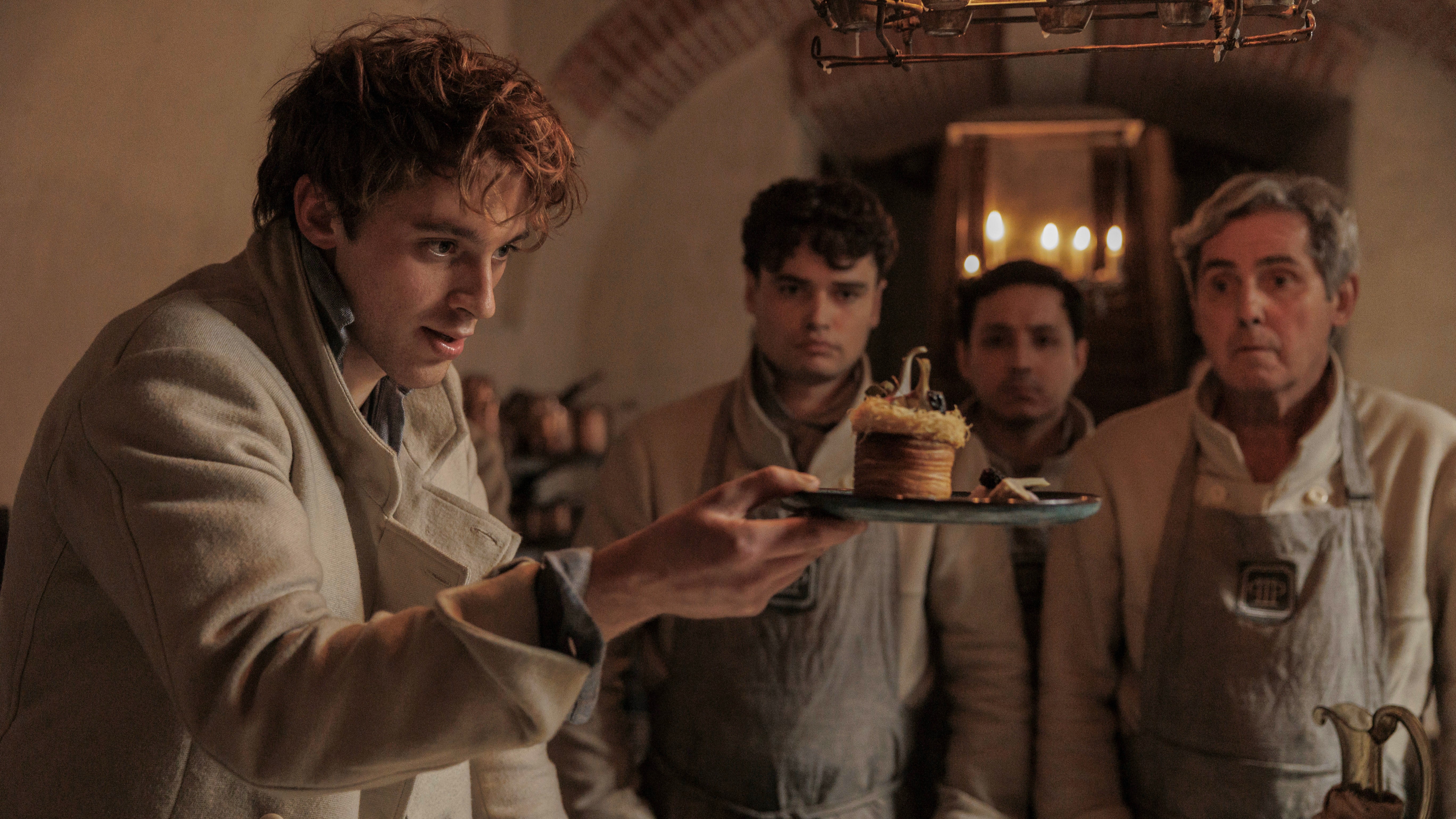Richard Hammond returns to explain the scientific principles of stupidity!
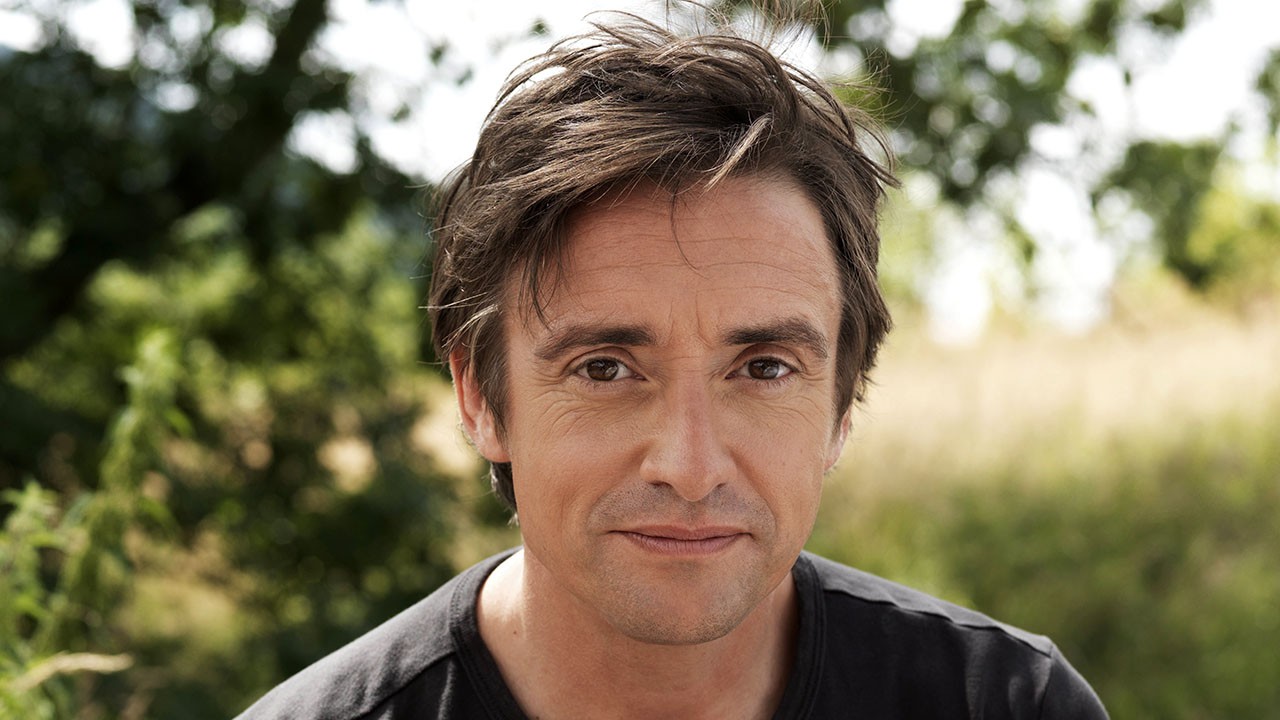
Top Gear presenter Richard Hammond returns with series two of The Science of Stupid (Nat Geo Channel, Wednesday, February 11), the show which entertainingly explains why those painfully funny stunts-gone-wrong videos on YouTube weren't such a good idea in the first place!
We caught up with Richard and asked him how daring he was and whether he was any good at science at school...
How were you with science at school?
"I loved it and hated it. I loved it because it explained how things worked, why things happen the way they do. I used to read a lot out of school. I used to read a magazine called How It Works which was all about machinery and basic physics. I always was interested in that, like most people. I have quite an enquiring mind. At school I was of an age when it was taught in quite a dry way and suddenly you find yourself in a room, in front of a wooden bench and trying to force facts into your head when they just keep falling out. It’s maybe a reaction against that, maybe why I’ve done a lot of pop science stuff, The Science of Stupid included."
But you did an art degree at college?
"Early on I very much enjoyed writing and painting and photography and I enjoyed science and engineering. I’m of an age when they were almost mutually exclusive [in education]. If you were interested in one you couldn’t do the other. I think Leonardo da Vinci would give the lie to that!"
The Science of Stupid features videos of a lot of people doing ridiculous things. But if people understood science, would the clips dry up?
Get the What to Watch Newsletter
The latest updates, reviews and unmissable series to watch and more!
"Well that’s the thing, this is season two, at the beginning of season one people were 'Hang on a minute Richard, you’re going to be encouraging people to injure themselves and jump bicycles!' I remember saying then 'Hang on, if you actually watch, what it’s actually doing is showing you exactly why you shouldn’t. The last thing you do if you watch Science of Stupid is then try and do anything you’ve seen there, because you’ve not only seen it hurts but you’ve seen why it went wrong and why it’s going to go wrong.
"So you’re actually right, we could have actually done us out of a market because people simply won’t try and do the things they would have done before. But hey that’s not such a bad thing."
What do you like most about The Science of Stupid?
"My favourite moments are always watching someone’s eyes and knowing in your head 'You think it’s going to go like this'... like punching a massive block of wood... You know in their mind they’re thinking it’s going to go one way then you see it go a completely different way and then you see a scientific explanation of exactly why and then, 'Oh look there’s someone else about to try and do it' and now you know you want to shout, 'Don’t do it because this is going to hurt!' ...Oh look they’ve done it. And that’s a feature that carries through it and I very much enjoy it."
You famously suffered a terrible high-speed dragster crash in 2006. Has that changed your attitude to stunts - and life itself?
"Not really. It was a lesson in something to be taken seriously. A lesson in that things can and do go wrong. It reinforced the idea you plan for what to do when things go wrong, that saved my life once and it's saved many other lives I’m sure. Um no, it hasn’t... It’s a reminder that it’s serious and you take things seriously, but then, once you’ve done that you get on with it."
So you're no more risk averse these days?
"I don’t think so, but I’m 45 so age maybe changes that a bit as well. You realise I’ve got two children [who] I want to raise. I don’t really want to go and hurt myself."
Do you ever say to Top Gear producers, 'No, that's too dangerous'?
"No, they never ask [you to endanger yourself]. That’s across the board in television, really, they’re pretty sensible. Because there’s a culpability chain, isn’t there? It’s going to be somebody’s fault if it goes wrong and you wouldn’t want to be that person. Nobody’s gung ho, not in my experience, because it’s not worth it, whatever you’re making."
What do you say to your daughters, Izzy and Willow?
"They love the show, but no I don’t set limits. I don’t have to – they’re both cleverer than me and wiser than me, they’re 14 and 11, and both of them I never shout at them or tell them not to because generally they know better than I do. No they both ride ponies and my eldest goes on the back of my motorcycle and rides the motocylce around the yard. They went on a big sailing holiday last year, with a load of other families and they tested the waters, excusing the pun, but they really do they learn their own limits and work within those... so far. They’re adventurous, but not reckless."
Watch a clip from series two of The Science of Stupid here
Patrick McLennan is a London-based journalist and documentary maker who has worked as a writer, sub-editor, digital editor and TV producer in the UK and New Zealand. His CV includes spells as a news producer at the BBC and TVNZ, as well as web editor for Time Inc UK. He has produced TV news and entertainment features on personalities as diverse as Nick Cave, Tom Hardy, Clive James, Jodie Marsh and Kevin Bacon and he co-produced and directed The Ponds, which has screened in UK cinemas, BBC Four and is currently available on Netflix.
An entertainment writer with a diverse taste in TV and film, he lists Seinfeld, The Sopranos, The Chase, The Thick of It and Detectorists among his favourite shows, but steers well clear of most sci-fi.
